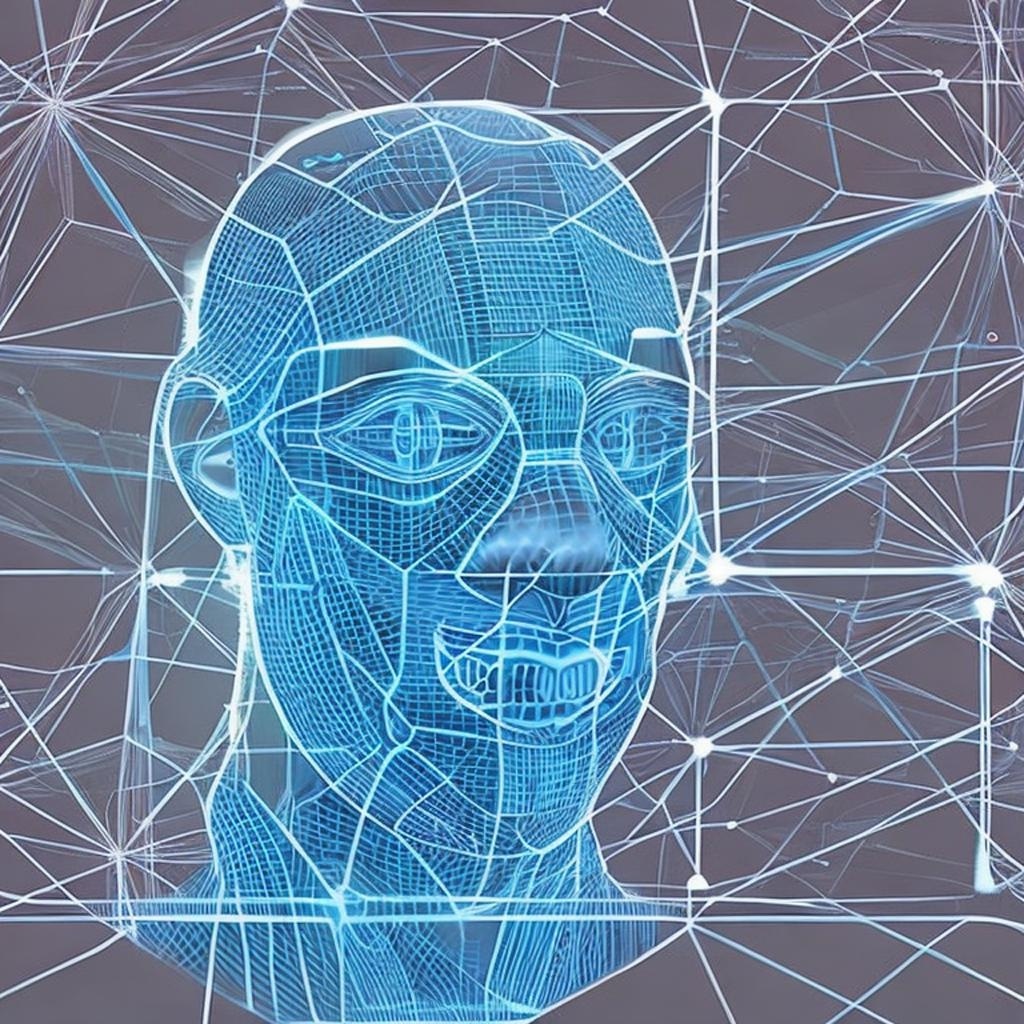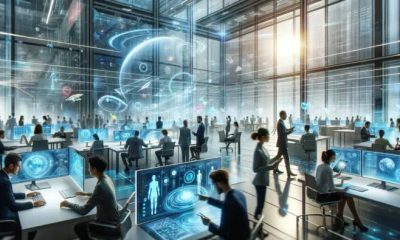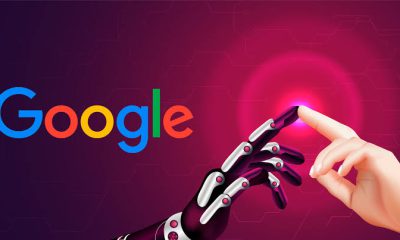
Technology
The Future Of Artificial Intelligence: Exploring The Impacts Of Machine Learning, Deep Learning and Neural Network

Artificial intelligence (AI) has been around for quite some time now, and we have come a long way from the early days of its development. Today, the technologies that makeup AI, such as machine learning, deep learning, and neural networks, have become central to various industries, and there seems to be no stopping the advancements being made in this field.
In this article, we will explore the impacts of machine learning, deep learning, and neural networks and examine how these technologies have paved the way for the future of artificial intelligence.

Machine Learning:
The foundational technology that powers AI, enables computers to learn from data, without explicitly being programmed. Machine learning algorithms are designed to identify patterns and insights from large amounts of data, often at a much faster rate than humans can process the same information.
This technology has allowed for the development of highly intelligent systems capable of performing numerous tasks that were previously thought to be impossible.
Deep Learning:
Deep learning, an area within machine learning, has taken AI to new heights, allowing for greater depth and accuracy in information processing. With deep learning, computers mimic the structure of the human brain to recognize and interpret data. Making it possible to handle massive amounts of unstructured data, including images and voice commands.

Deep learning has proven to be useful in various industries, such as healthcare, where it has been used to develop advanced diagnostic tools for doctors.
Neural Networks:
Neural networks, on the other hand, allow computers to learn from experience, similar to how humans do. They are composed of multiple layers of interconnected nodes that enable them to recognize patterns and relationships in data with a high degree of accuracy. Neural networks have been shown to be effective in designing self-driving cars, predicting financial markets. And even assisting with diagnosing medical conditions such as breast cancer.
The combination of these technologies has led to numerous breakthroughs, making it possible for AI to solve complex problems that were previously thought to be beyond its capacity. As AI progresses, we can expect to see significant developments that could transform numerous industries across the globe.
READ ALSO: AI: Alibaba To Roll Out ChatGPT Rival Tongyi Qianwen In China
One area where AI is already making a significant impact is in healthcare. The healthcare sector has been making significant advancements in AI. As healthcare providers strive to provide better care and achieve better health outcomes for their patients. AI has been used to detect cancer early, design treatment plans, and even identify potential drug candidates for various diseases. By integrating machine learning and deep learning algorithms into their processes. Medical professionals are better equipped to make more informed decisions and provide better care to their patients.
RELATED: Telemedicine: Revolutionizing Healthcare Delivery in the Digital Age
In the financial sector, AI has been used to predict market trends, and investors are already using AI-powered trading algorithms to make investment decisions. As AI continues to evolve, we can expect to see even more advanced trading algorithms. That can take advantage of real-time events and make more accurate predictions about market movements.
Impact of AI on Society
AI is also making its impact felt in the energy sector. Energy companies are using AI algorithms to optimize their operations and maximize their efficiency. These algorithms are used to predict weather patterns that might impact energy production, determine optimal times to produce energy, and even optimize energy consumption in buildings.
However, as AI technology evolves, there are some concerns about the impact it may have on jobs. With AI’s ability to automate many jobs, there is a fear that it may lead to job losses. However, it is essential to note that while AI technology may lead to the disappearance of certain jobs, it will also create new ones as industries are transformed.
For instance, as Artificial Intelligence becomes increasingly prevalent in the healthcare sector, there will be an increased demand for individuals who specialize in developing and implementing the technology. Similarly, as the demand for AI-powered trading algorithms grows, there will be an increased need for individuals with skills in data science, machine learning, and neural networks.
In conclusion, AI, powered by machine learning, deep learning, and neural networks, has the potential to solve complex problems and transform numerous industries across the globe. While there are concerns about the impact it may have on jobs, there is no denying that AI presents numerous opportunities for growth and development in various sectors. Governments, educational institutions, and businesses must work collaboratively to prepare for this future and ensure that the right talent and resources are in place.




























